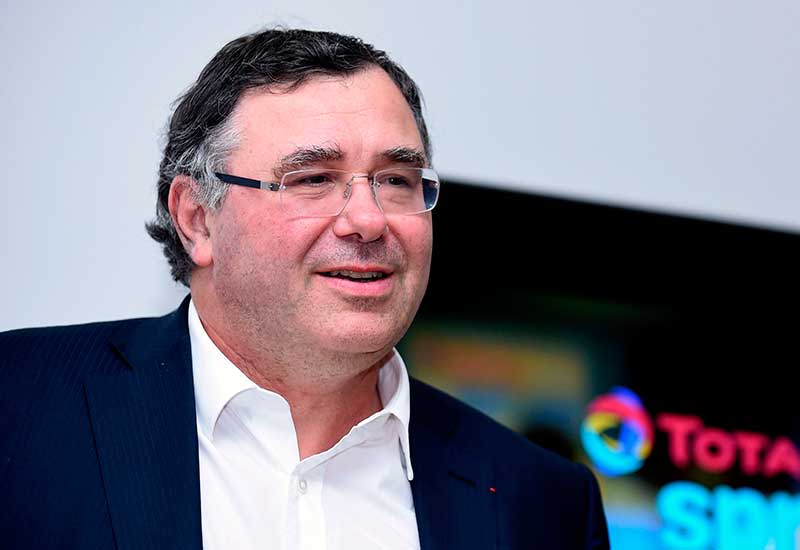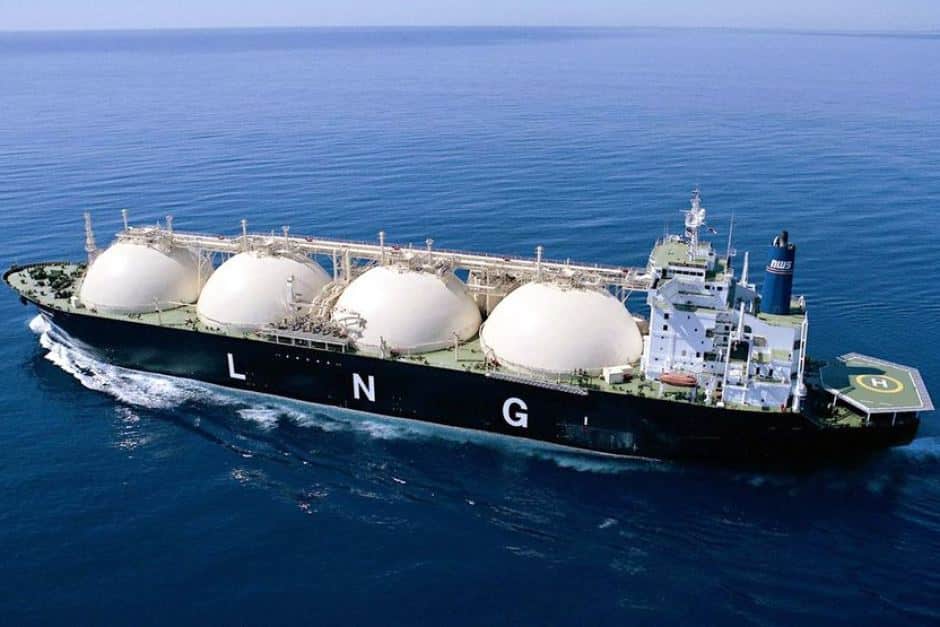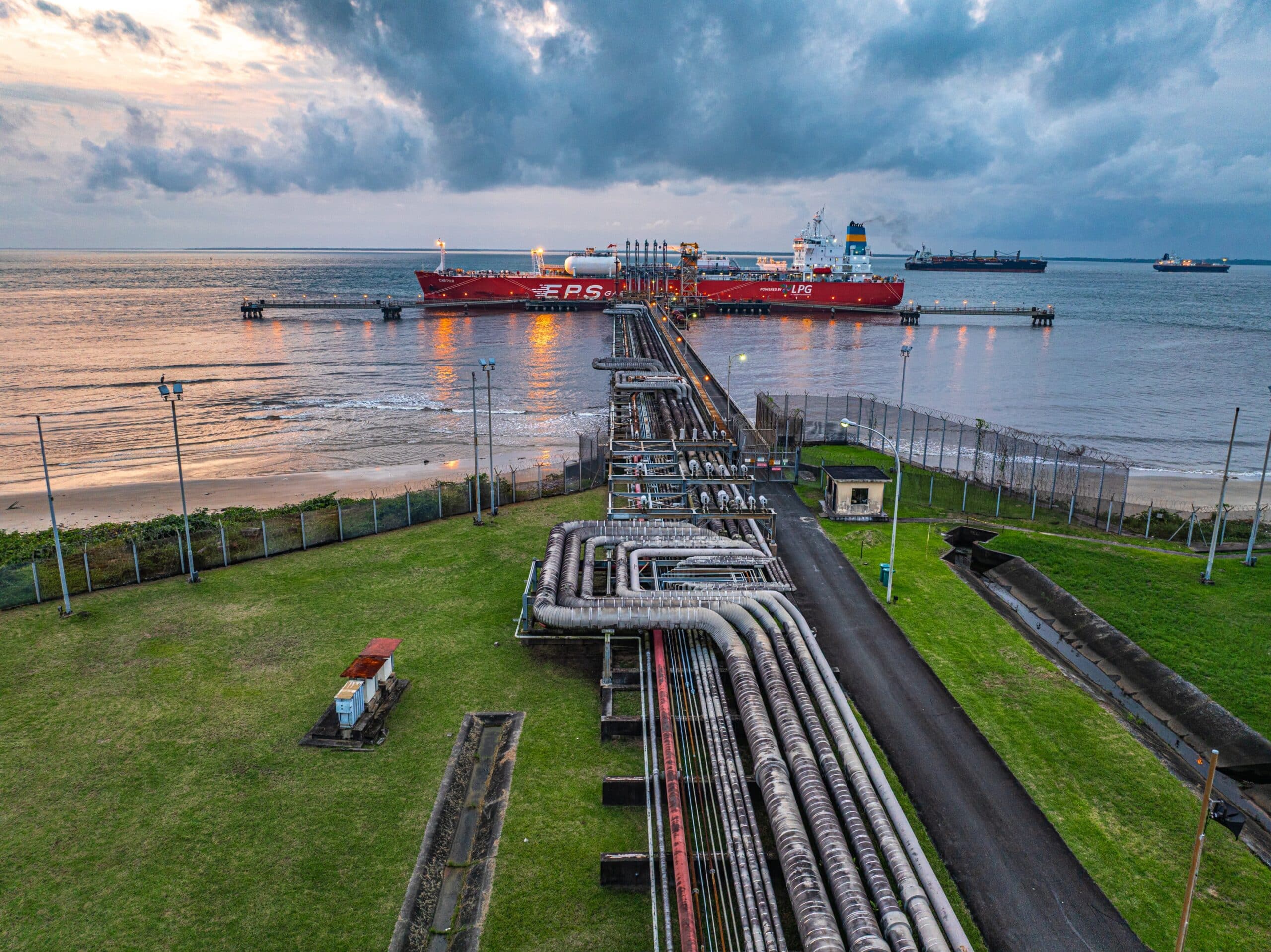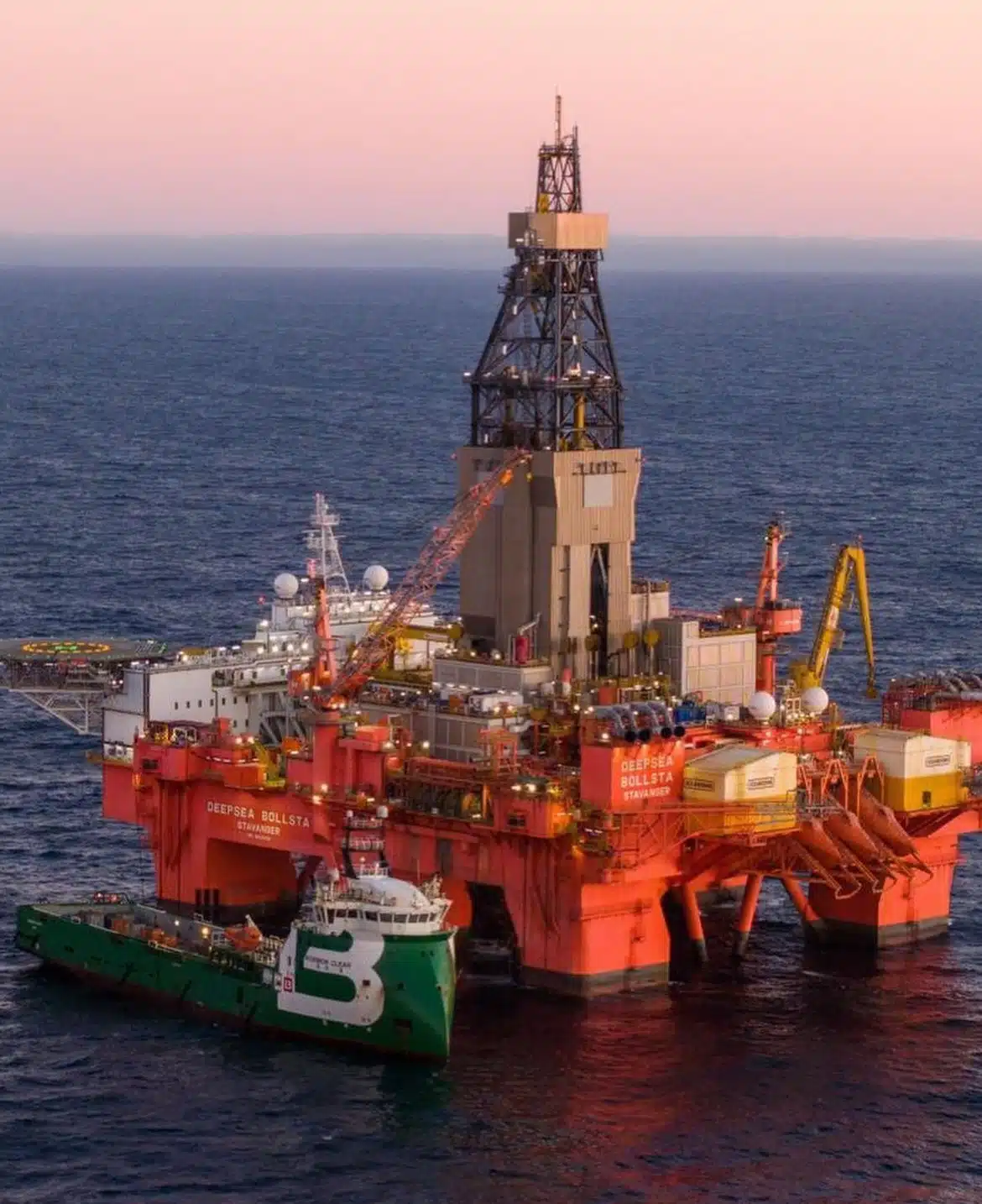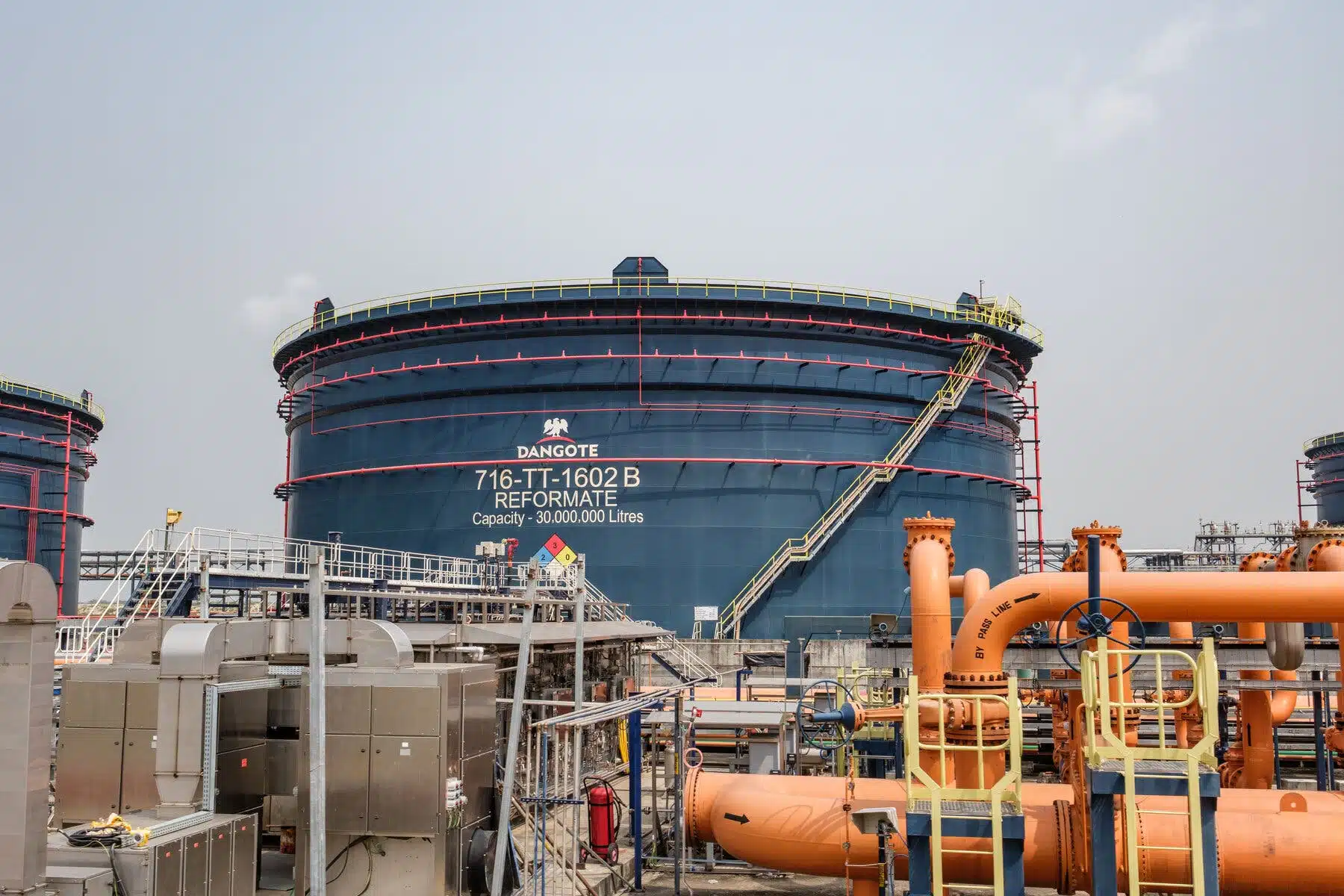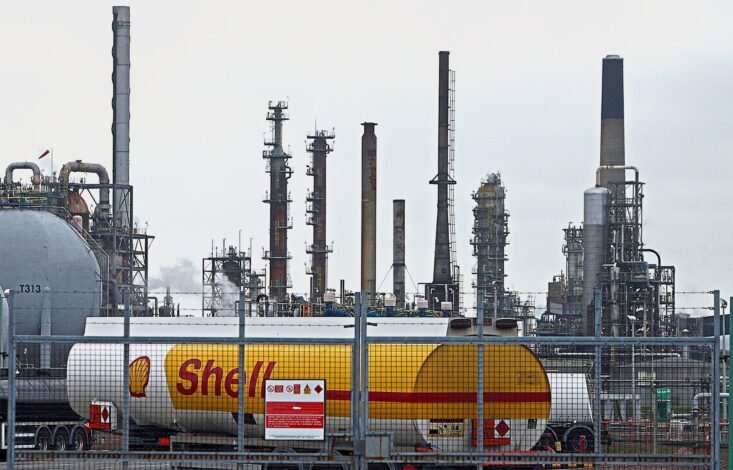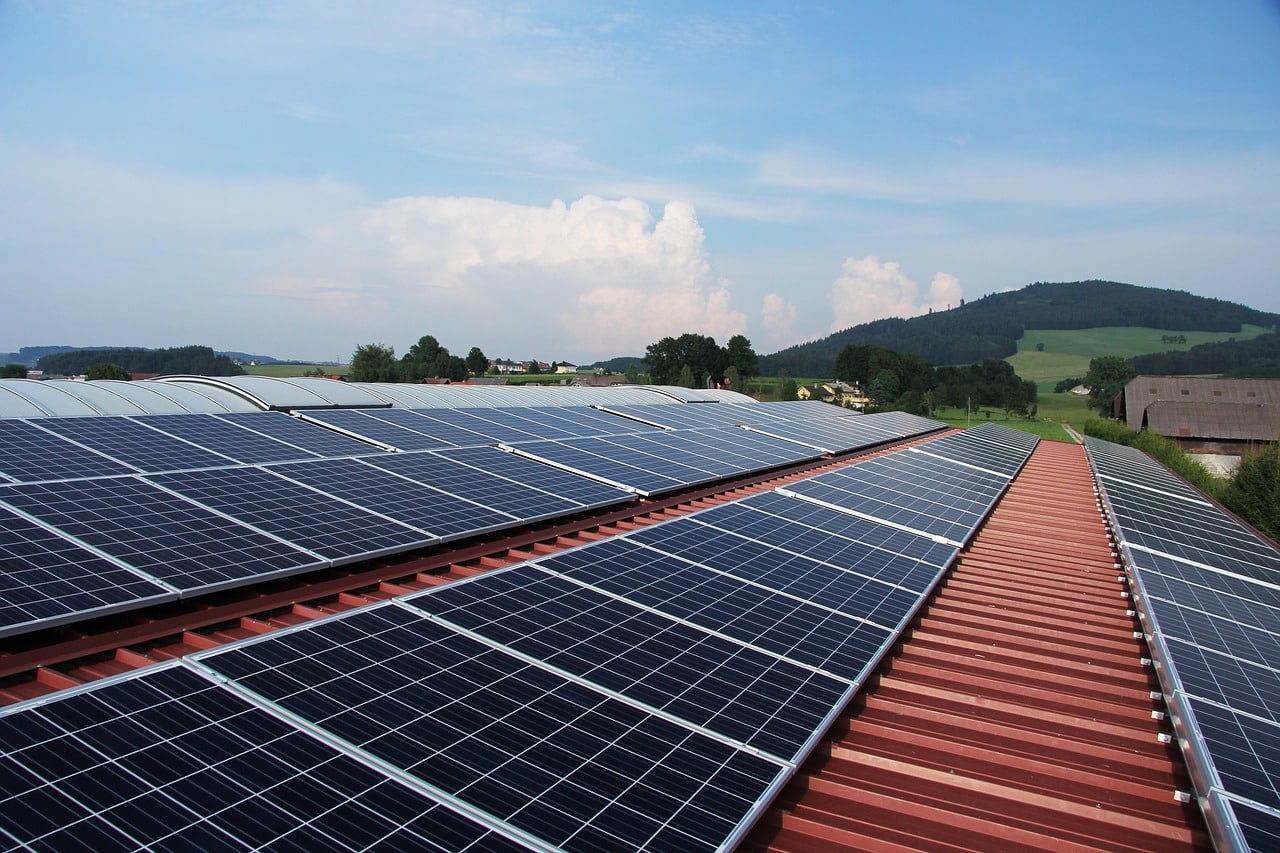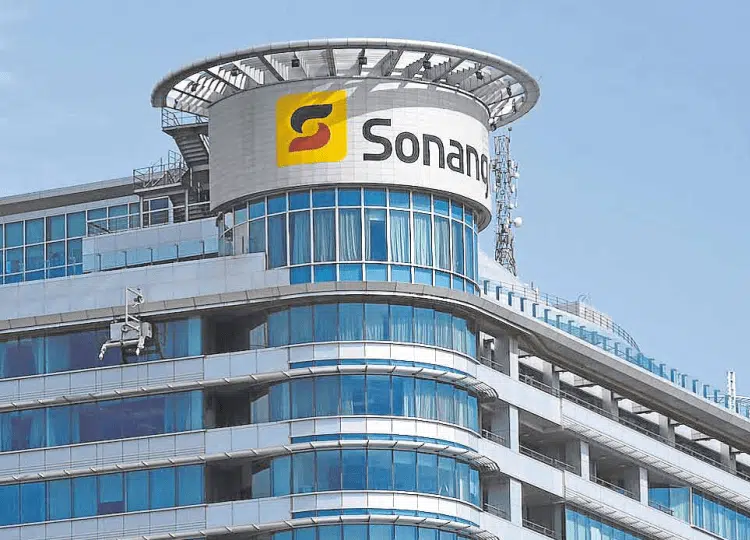French energy major TotalEnergies has postponed the restart of its $20 billion liquefied natural gas (LNG) project in northern Mozambique until 2029, citing ongoing security challenges in Cabo Delgado province.
The announcement was made by CEO Patrick Pouyanné during the company’s “Strategy and Outlook 2025” Investor Day in New York on 29 September.
The project, once expected to resume operations by August 2025, has been on hold since April 2021, when escalating violence from armed insurgents forced TotalEnergies to halt construction and evacuate personnel.
The company declared force majeure at the time, suspending all activities indefinitely.
Despite efforts by Mozambican authorities and regional forces to stabilize the area, TotalEnergies has opted for a cautious approach.
Pouyanné stressed that a project of this magnitude requires “strong alignment between the Mozambican government and investors,” and firm guarantees of safety for staff and infrastructure.
The delay pushes back Mozambique’s entry into global LNG markets by at least four years.
Once operational, the facility is expected to produce 13 million tonnes of LNG annually, positioning it among Africa’s largest energy ventures.
What impacts would this have?
The decision also has implications for global energy supply, particularly in Europe, where nations have been seeking alternatives to Russian gas since the invasion of Ukraine.
Mozambique’s LNG was seen as a key future source, and the revised timeline may prompt buyers to look elsewhere.
The delay means European nations must continue relying on existing suppliers or seek new ones.
It could also lead to short-term supply constraints. With 13 million tonnes of annual LNG output now deferred, global supply will remain tighter than expected, which could lead to elevated prices during peak demand seasons.
Instead, there will now be increased pressure on other producers like Qatar, the U.S., and Australia to fill the gap, potentially accelerating their own expansion plans.
On the whole, TotalEnergies’ move calls attention to the risks of investing in conflict-prone regions and shows the challenges Mozambique faces in securing investor confidence.
Would other IOCs follow suit?
Investors may become more cautious about committing capital to similar high-risk projects.
Just a few days ago, ExxonMobil was seeking security assurances from the Government of Mozambique before moving ahead with its proposed $30 billion LNG terminal in the country’s northern region.
ExxonMobil is preparing to make an FID on what is expected to become Africa’s largest LNG facility.
The project has faced delays for several years following violent insurgent attacks in the resource-rich northern region.
With these projects, Mozambique was already projected to become a major LNG exporter. The delay stalls its emergence as a key player, potentially shifting investor focus to more stable regions like Senegal or Mauritania.
Meanwhile, Eni is set to take a final investment decision (FID) for its offshore $7.2 billion Coral Norte project.
Local sources confirmed the decision will be made at a ceremony in Maputo tomorrow, launching a new phase for the planned 3.5 million tonnes per annum facility.

